Microsoft and Oracle slammed over 'anti-competitive' software practices
Research takes aim at the industry, and the two tech giants in particular, for long-running anti-competitive practices
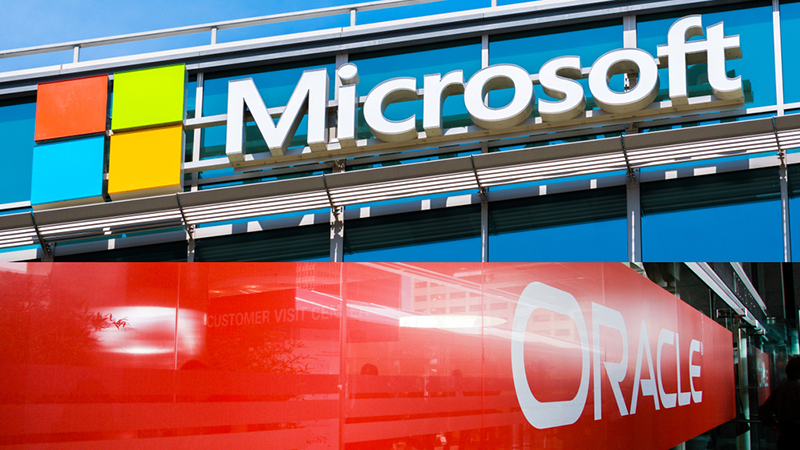

A leading expert on competition law has published a report illustrating the "unfair" and "anti-competitive" licensing practices enforced by major tech firms on customers globally.
Microsoft and Oracle are the primary targets of the report, which details the alleged long-running anti-competitive practices used by major firms in the software and cloud services industries.
Microsoft launches dedicated host service alongside licensing changes Software licensing: Does going to the cloud always make sense? How to master the art of software licensing
Professor Frédéric Jenny's research on cloud infrastructure service providers in Europe (CISPE) has been distributed to MEPs, the European Commission (EC) and the European Council as they debate and vote on the Digital Markets Act (DMA).
“Our research has shown that the position of certain large cloud infrastructure providers in the adjacent markets, notably Microsoft and Oracle, has enabled them to engage in potentially anti-competitive strategies to exclude other cloud infrastructure providers from the market,” the report authored by Jenny reads. “Moreover, these strategies have been an engine of growth for those integrated cloud service providers.”
The DMA is a legislative proposal brought forward by the EC to stamp out unfair and anti-competitive practices exhibited by digital platforms, typically those with dominant market positions looking to increase their share in adjacent markets.
It has been proposed following the recent high-profile US antitrust cases brought to the likes of Facebook and Google, but Jenny's report takes aim at two other tech giants in particular.
Among other industry-wide unfair practices, the report accused Microsoft of enforcing unfair licensing costs and charging customers more to use Office and Server software on third-party cloud platforms, citing the case brought to Microsoft by the Danish Cloud Community and the European Commission in 2018. In this case, Microsoft raised the price for software subscriptions but left them untouched for customers using said software within its own cloud environments, Azure and Windows 365.
Get the ITPro daily newsletter
Sign up today and you will receive a free copy of our Future Focus 2025 report - the leading guidance on AI, cybersecurity and other IT challenges as per 700+ senior executives
The report also accused Oracle of enforcing licensing restrictions which lead to a 10x increase in price when using Oracle software in a third-party cloud platform compared to running it on Oracle Infrastructure as a Service (IaaS). Oracle has also been criticised for enforcing technical and billing requirements on a per-CPU basis.
“If Oracle software is used in Oracle IaaS then companies are only require to pay for the number of actual CPUs used while it used on third-part IaaS equipment, the company is required to pay for a licence for each CPU that could be used to run the software, whether or not it actually is,” the report said.
The researcher also conducted a series of interviews with cloud customers to gather further evidence against the unfair practices in the sector. These revealed additional practices such as limits to interoperability involving technical limitations such as enforcing proprietary languages to make migration more difficult, and switching costs which may be significant both in monetary and time-duration terms, the report notes.
Exclusionary licensing practices were also highlighted in the report with one case study reporting that Microsoft imposed an ‘after-the-fact’ change to its licensing policy after the customer decided to switch to Amazon Web Services (AWS). This saw the customer forced to pay for individual Office licenses on each computing instance, raising the annual cost tens of millions.
RELATED RESOURCE
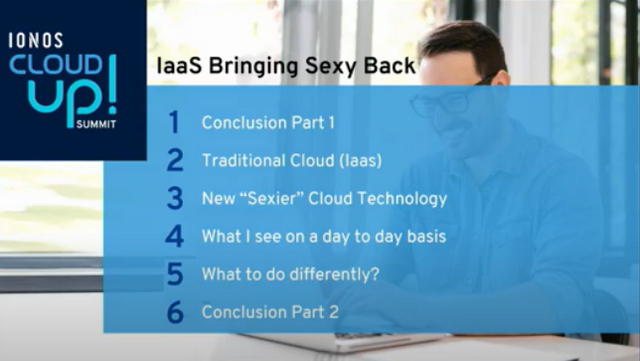
Shining light on new 'cool' cloud technologies and their drawbacks
IONOS Cloud Up! Summit, Cloud Technology Session with Russell Barley
These examples of exclusionary licensing can also be found in third-party interfacing - accessing a service through a third-party application. SAP’s Indirect Access was cited as an example of this, whereby users incurred additional surcharges for accessing the SAP ecosystem through a third-party application, effectively creating an active log of ‘indirect usages of SAP software.
Other notable unfair practices include: artificially limiting data portability to make it expensive if not impossible to use competing cloud infrastructure and the removal of Bring Your Own Licence (BYOL) deals whereby customers are forced to pay again to use software they already own on competing cloud infrastructure.
“This independent study by Professor Jenny, a recognised economist, objectifies the observations made consistently by Cigref members over many years," said Henri d’Agrain, Secretary General of Cigref, the French CIO Association.
"It provides a factual assessment of the economic consequences of the unfair practices that Cigref regularly denounces. It is important to regulate these practices, which are mainly carried out by non-European providers. These practices constitute an illegitimate drain on the European economy and contribute to stifling the digital innovation of European players through killing acquisitions.”
Alban Schmutz, Chairman of CISPE, concluded: “We’d heard from our members, and from their customers, that certain legacy software providers were limiting choice in cloud infrastructure through unfair license terms. We commissioned Professor Jenny to make a study of these practices and their impact, to support the Principle of Fair Software Licensing we crafted with Cigref. The Study clearly demonstrates the need for the Principles, and for the DMA to include them within its provisions. This is a significant issue which requires legislation as well as voluntary adoption of our Principles to ensure compliance and a better deal for European businesses and consumers.”
IT Pro contacted Microsoft for comment but it did not respond at the time of publication. Oracle declined to comment on the matter.

Connor Jones has been at the forefront of global cyber security news coverage for the past few years, breaking developments on major stories such as LockBit’s ransomware attack on Royal Mail International, and many others. He has also made sporadic appearances on the ITPro Podcast discussing topics from home desk setups all the way to hacking systems using prosthetic limbs. He has a master’s degree in Magazine Journalism from the University of Sheffield, and has previously written for the likes of Red Bull Esports and UNILAD tech during his career that started in 2015.
-
 Bigger salaries, more burnout: Is the CISO role in crisis?
Bigger salaries, more burnout: Is the CISO role in crisis?In-depth CISOs are more stressed than ever before – but why is this and what can be done?
By Kate O'Flaherty Published
-
 Cheap cyber crime kits can be bought on the dark web for less than $25
Cheap cyber crime kits can be bought on the dark web for less than $25News Research from NordVPN shows phishing kits are now widely available on the dark web and via messaging apps like Telegram, and are often selling for less than $25.
By Emma Woollacott Published
-
 Microsoft is ending support for the Remote Desktop app – here are three alternatives you can try instead
Microsoft is ending support for the Remote Desktop app – here are three alternatives you can try insteadNews Microsoft has announced plans to end support for its Remote Desktop application in just over two months.
By George Fitzmaurice Published
-
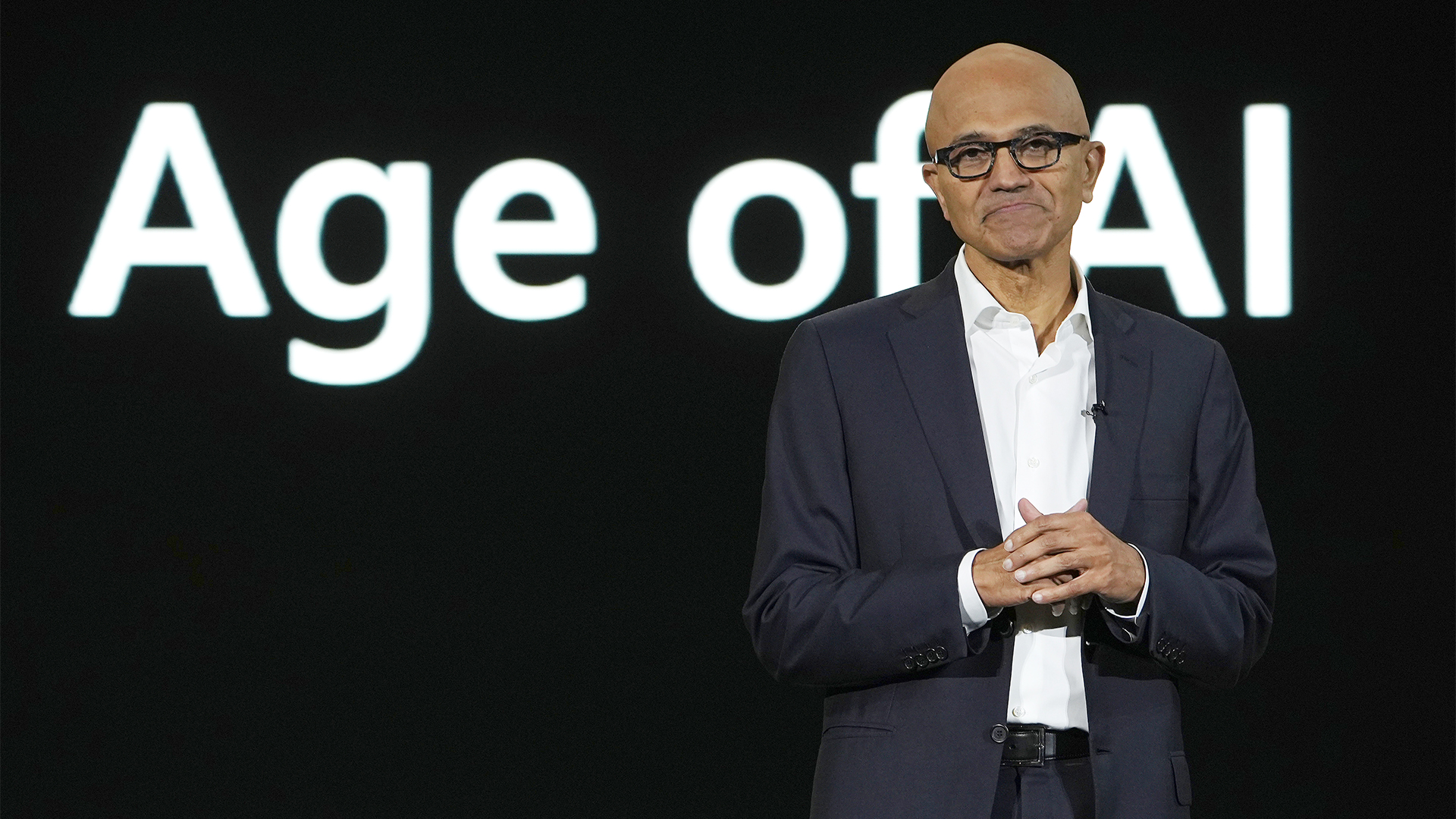 Microsoft's huge AI spending has investors worried – now the company is changing its financial reporting to highlight successes
Microsoft's huge AI spending has investors worried – now the company is changing its financial reporting to highlight successesNews The move comes as investors want more evidence that Microsoft’s AI investment will pay off
By Nicole Kobie Published
-
 Could Python in Excel be a boon for cryptocurrency miners?
Could Python in Excel be a boon for cryptocurrency miners?Opinion Free Python compute resource on offer via Microsoft 365 beta preview – what could possibly go wrong?
By Richard Speed Published
-
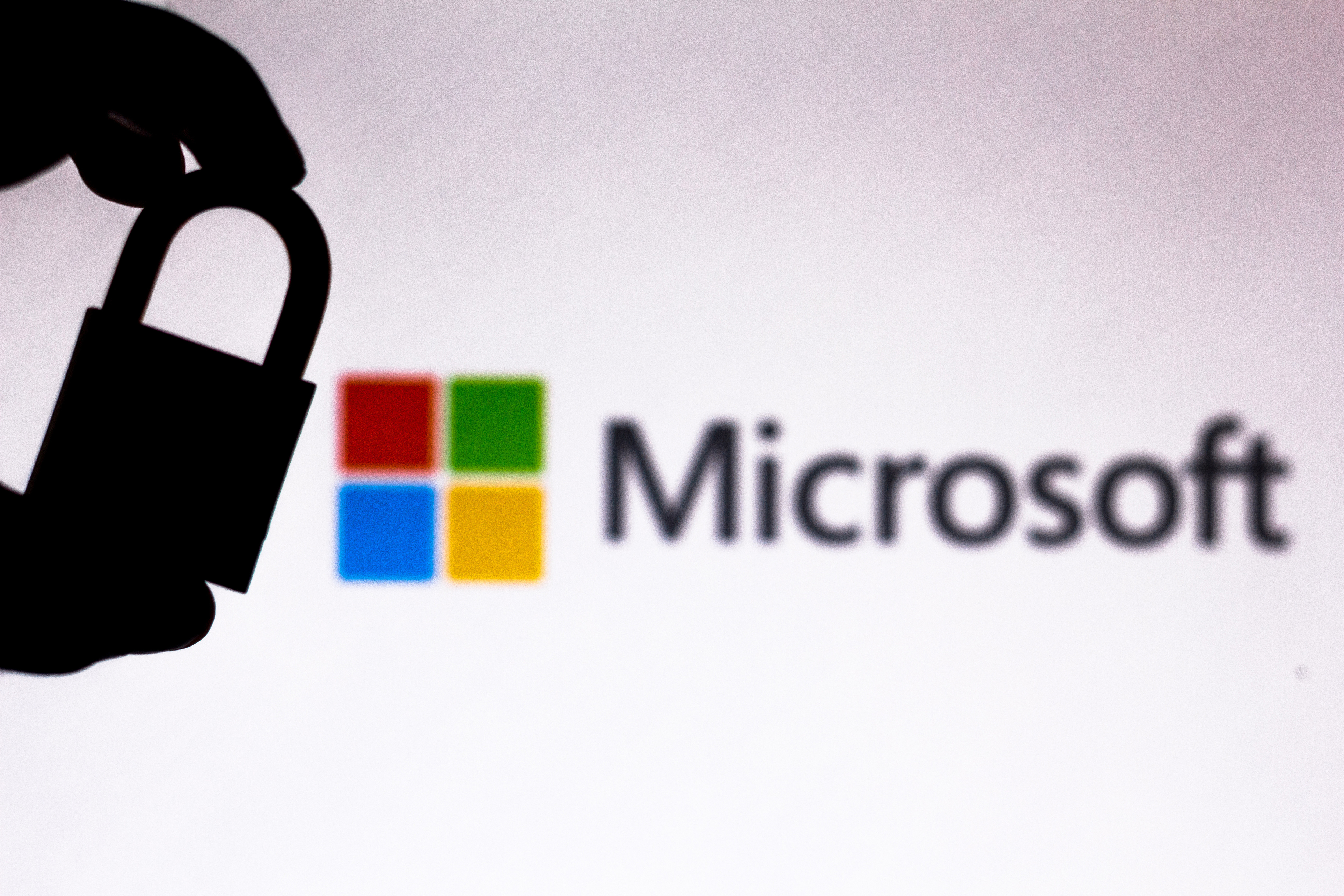 Microsoft defends “negligent” security approach that prolonged vulnerability fix for five months
Microsoft defends “negligent” security approach that prolonged vulnerability fix for five monthsNews The tech giant has refuted claims that its practices have left customers “in the dark”
By Ross Kelly Published
-
 Microsoft Build 2023: Microsoft Fabric and oodles of Azure AI integrations announced
Microsoft Build 2023: Microsoft Fabric and oodles of Azure AI integrations announcedNews Microsoft Fabric aims to greatly improve developer productivity and simplify real-time analytics
By Ross Kelly Published
-
 Major educational hurdles need addressing to boost UK's GDP through open source
Major educational hurdles need addressing to boost UK's GDP through open sourceNews Experts have called for better insight into the responsibilities associated with adopting open source for the future of the community
By Rory Bathgate Published
-
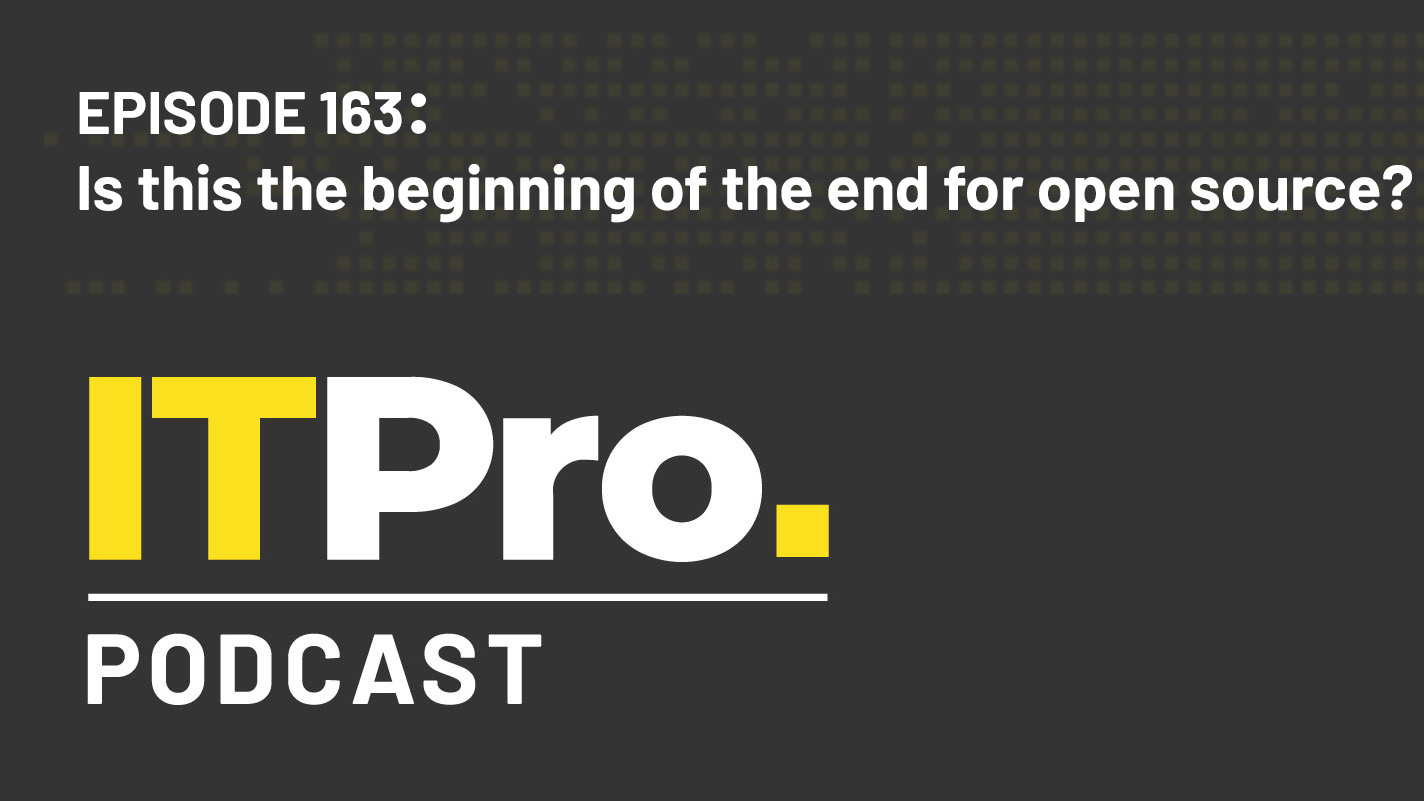 The IT Pro Podcast: Is this the beginning of the end for open source?
The IT Pro Podcast: Is this the beginning of the end for open source?ITPro Podcast There’s positive momentum in the open source community, but key players are questioning its longevity
By IT Pro Published
-
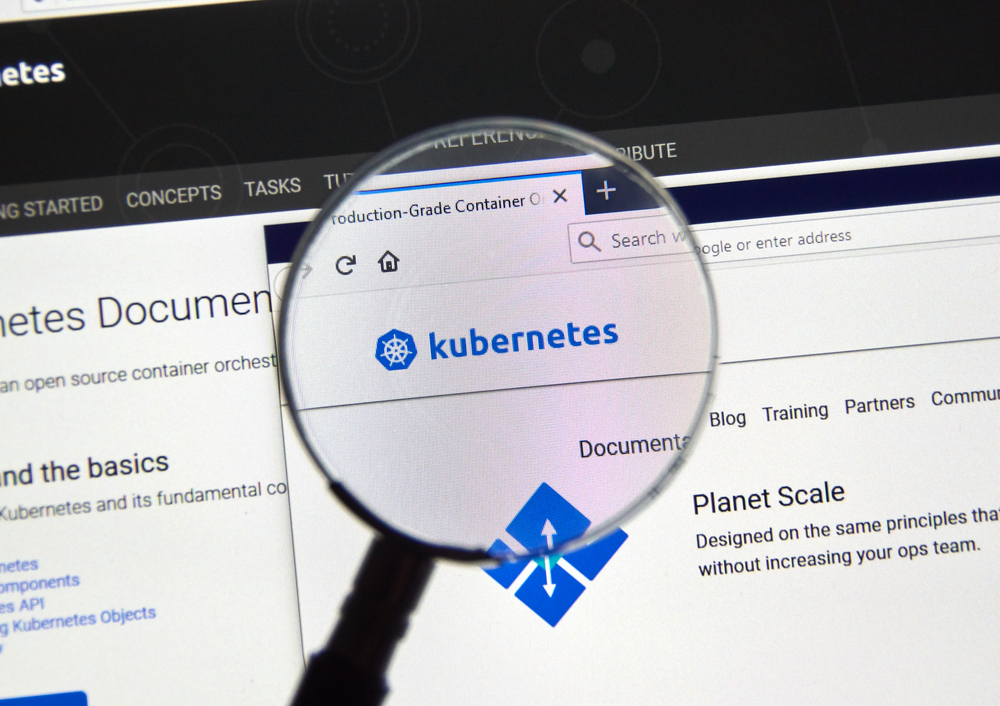 Five ways to reduce Kubernetes costs
Five ways to reduce Kubernetes costsTutorials With cutting expenditure a business imperative, there are several ways enterprises can reduce Kubernetes costs
By Ross Kelly Last updated